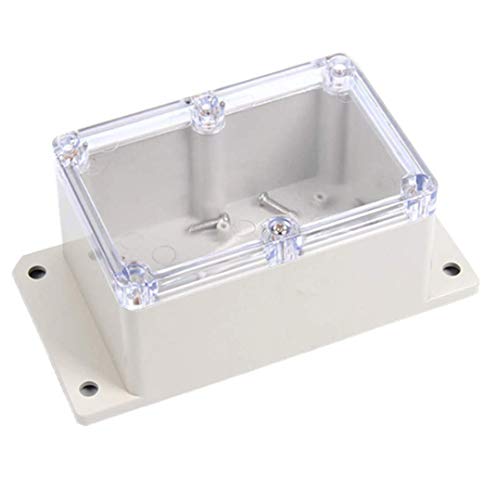but i dont agree with it in this case - like i said before, by sticking to 7671 you can remove all chances of nail becoming live, by it either not being anle to penetrate conduit, or the cbale not being there. by adding an RCD, there is still a chance that the nail can become live without the RCD tripping, and someone can then get a shock from it (by which time the RCD should have tripped).A departure from BS7671 is something that does not comply with BS7671, but that will offer the same level of safety that compliance would offer.Protecting cables that are outside of safe zones with an RCD would IMHO offer the same level of protection as if those cables had an earthed metalic sheath. In fact as the RCD will operate quicker than the MCB, it might be seen that it offers greater safety.
so working to 7671: no chance of nail in this example becoming live
departure with RCD: chance nail could become live
so therefore it does not offer same level of safety as doing the job to 7671
another part is RCDs are known to fail. so whilst it may operate quicker than an MCB, it would be better to have done the work to 7671 meaning the MCB is guaranteed to trip, thats if RCD didnt trip first (if there was already one installed)
but i do agree that in some cases, a departure can be just as safe (possibly safer) as working fully to 7671































































